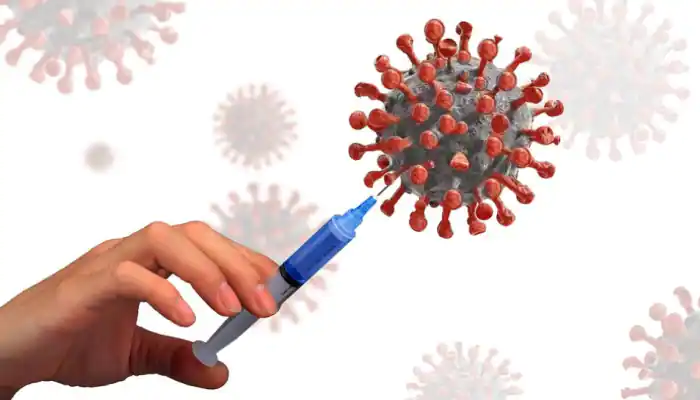According to Dr. Supriya Sharma, what is actually required are vaccinations that may potentially inhibit more than one variation at a time, including ones yet to be discovered.
According to Health Canada’s top medical advisor, variant-specific vaccinations may be authorized quicker than generic ones first released to fight COVID-19, but one targeting the Omicron strain is unlikely to be available in time to aid with the new wave.
According to Dr. Supriya Sharma, what is actually required are vaccinations that may potentially inhibit more than one variation at a time, including ones yet to be discovered. In little over two weeks, Omicron became the prevalent form in Canada, and the Public Health Agency of Canada said Friday that it is currently thought to be responsible for more than 90 percent of all COVID-19 cases.
Two doses of the current mRNA vaccines from Pfizer-BioNTech and Moderna, according to studies, are ineffective in preventing Omicron infection. Several studies, however, indicate that the immunizations are effective at keeping symptoms mild, reducing hospitalizations, and shortening the stay and decreasing the quality of care for individuals who are hospitalized.
Mechanical ventilation is required in fewer vaccinated Omicron patients, for example.
Pfizer and Moderna Are Developing New Vaccinations For Omicron
Moderna hopes to begin testing its product early this year. Pfizer said it might have 100 million doses available as early as March, and Canada has contracts with both firms for boosters, which would contain vaccinations for variations as well.
However, Sharma claims that even with the accelerated review procedure for vaccine variations, it is “probably not” quick enough. She said that given what we know about the Omicron wave, it may well and truly be over by that time, while the question lingering in everybody’s mind is whether it’s going to be another variant.
She believes that vaccinations that can target many variants at once are the most probable answer.
On January 11, the World Health Organization’s COVID-19 vaccine technical committee said the same thing, adding that Omicron is the sixth variation of concern in two years and “is unlikely to be the last.”
For several nations, including Canada, the first reaction to Omicron was booster doses that boosted antibody formation.
Boosters, according to Dr. Srinivas Murthy, a British Columbia physician and co-chair of the WHO’s clinical research council on COVID-19, aren’t a long-term realistic alternative.
“Boosting your way out of a pandemic is going to inevitably shoot you in the foot in the sense that you’re going to have a future variant that’s going to emerge that’s going to cause problems. It’s going to evade your vaccines, and then you’re going to have to scramble.”
Omicron does not completely resist present vaccinations, but a future variation may, according to him.
The problem derives mainly from the fact that the initial vaccinations trained the body’s immune system to detect what is known as the spike protein located on the surface of a virus, and that spike protein is rapidly evolving.
Consider the altered spike protein to be a camouflage that makes it more difficult for the immune system to detect the virus and create a defense to eliminate it.
Omicron contains over 50 mutations, at least 36 of which are on the spike protein.
Multivalent Shots
Multivalent vaccines that employ the spike protein from many variants or that target the genetic components of a virus rather than the spike protein may give protection against both this pandemic and the next new coronavirus that develops. Murthy added:
“It’s pan-coronavirus, where it’s looking at big broad neutralizing responses and you don’t have to update it every season and so on.That’s been the Holy Grail of flu vaccinology for the past number of decades. We haven’t achieved that yet, because flu is a bit tricky, but we think that it’s achievable for coronavirus, specifically.”
The US Army is testing a variant that can connect numerous spike proteins in Phase 2 studies. A vaccination containing the particular spike proteins from all five COVID-19 variants of concern would be more likely to be effective, even against future variations, since they all share some of the same mutations and what one may miss, another may capture.
Moderna is conducting studies for multivalent vaccines that use combinations of the original virus’s spike proteins plus one of the variations, or two of the variants combined. It’s unclear when they’ll be ready to use.
Even if the vaccinations aren’t as effective against variations as they were against the original virus, Sharma believes they’re still remarkable.
Sharma adds that having a vaccine that was produced so rapidly, that still has up to 70, 80 percent efficiency against major sickness, diseases, hospitalization, and mortality over numerous variations even with boosters it’s incredible for a new vaccination, for a new virus.











Leave a Reply